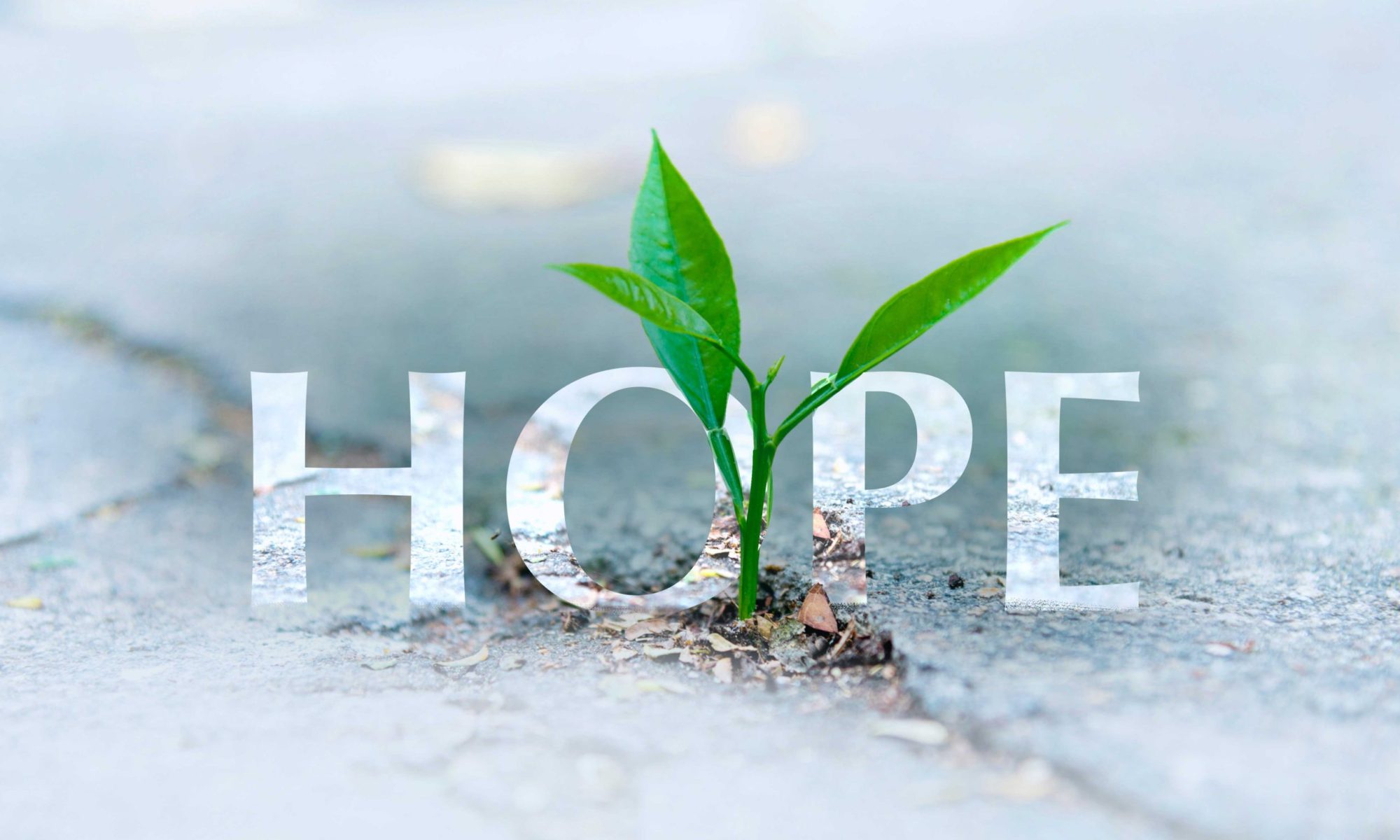Hope. It’s as essential as the air we breathe. And yet, here in America, in a land full of plenty and potential, in so many ways, it often feels like we are trying to run on some residual whiffs of hope. Daily, we struggle to cope with surging inflation, hear news about labor and supply shortages, and witness rising divisions among us, but rarely do we hear or speak of a more ephemeral, a more serious thinning of confidence and hope. Given the strength, scale and persistence of problems like racism, income and wealth inequality, global warming, crime and social strife, and political discord perhaps it shouldn’t be surprising that many feel beaten down, hoping for a silver bullet from somewhere, and eager to support pundits that might look like a political savior.
Amid the weight of these challenges, looking for some ray of hope to hang onto, a few months ago I ran into a description of Oberlin College Distinguished Professor of Environmental Studies and Politics Emeritus, David W. Orr, who said “Hope is a verb.” In 2008, alumna Elizabeth Weinstein said of him, he “moved about the world with an aura of hopeful energy, and when asked what kept him going even when it felt like the world was falling apart, he said: ‘Hope is a verb with its sleeves rolled up. Hope is always busy trying to change the odds’”.
While it’s natural to feel small relative to the challenges that beset us, I submit that it’s worth recalling how small acts towards our betterment are often cumulative, rippling farther and wider than we ever imagine, and sometimes even effectuate progress exponentially. While it’s true that human history often turns on the decisions made by “leaders”, sometimes, perhaps more often than we might think, significant progress is built on the choices of ordinary people out ahead of “leaders”.
While millions of examples of “hope with its sleeves rolled up” punctate our history, one particularly bright and instructive example was how Martin Luther King, Jr battled to end racism. It began in 1955 when the minister of a small Alabama church chose to speak out against segregation on a city bus. MLK chose a life full of seemingly small acts of kindness, defiance and encouraging others, and look what happened. While few of us will likely be as effective as MLK was, he certainly provided us with a vivid, indelible example of hope “with its sleeves rolled up”. In 1968, the Vietnam War was ravaging the lives young adults and discrimination and racial violence were not only lurking around dark corners, but perpetrated in broad daylight. Yet, despite this oppressive fog engulfing him, MLK encouraged us with: “We shall overcome because the arch of the moral universe is long, but it bends toward justice”.
Sometimes I wonder what enabled him to speak such words. I submit it was not only his faith, but his long-sightedness, and a belief that small acts, by himself and many more like him, would add up and bear fruit. Like Gandhi before him, MLK understood that racism, entrenched as it was, could not indefinitely suppress millions of acts of kindness and defiance.
As we consider the global warming crisis barreling towards us, perhaps it would be worthwhile to recall this example of how increment by increment, individual citizens and business owners can effectuate change. Tragically, “leaders” around the world, fearing political backlash, have been slow to implement policies at a pace equal to this accelerating challenge. Like the civil rights movement, while “leaders” drag their feet, and decades of inaction and a mountain of challenges could quell our hope and still our hand, millions of ordinary people are “rolling up their sleeves”, trying to provide future generations with an environmental inheritance that’s not a disaster.
Some may ask, why sacrifice now for a crisis that has taken decades to create and will take decades to play out? One reason is that incremental reductions in our carbon footprint are cumulative. My reduced purchases of fuel and power won’t do much, but hundreds of millions of people doing likewise adds up to eliminating a lot of global warming emissions, and it encourages others to follow suit.
A second reason is because the earth compounds our greenhouse gas emissions. For every bit we warm our planet, the earth responds with global warming of its own. As we warm our planet, ice sheets recede and cloud cover thins, diminishing their reflective protection. As we warm our planet, the permafrost melts, releasing copious amounts of methane, a potent greenhouse gas. The sooner we limit greenhouse gas emissions, the more effective our efforts will be to take the top off the environmental crises barreling towards us.
As an ordinary citizen, while it’s clear most of us can’t change our world, it’s equally clear that each of us can make some contribution towards its betterment, and that those contributions are not only cumulative but compound. Drawing upon what generations that came before us did for us and taught us one thing that’s abundantly clear, is that seemly intractable problems cannot suppress “hope with its sleeves rolled up”.

